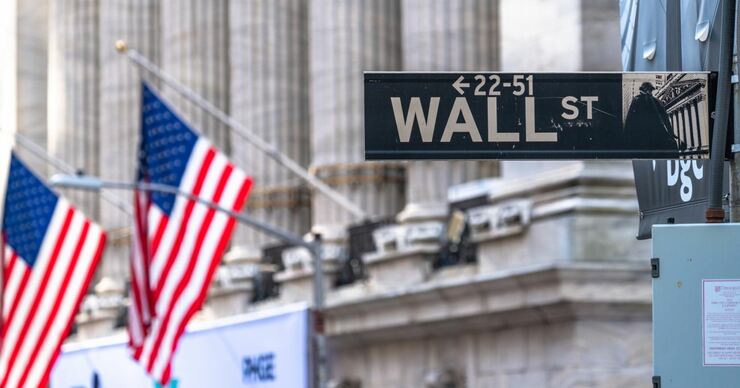Originally published in Japanese on Jul. 4, 2022
Control your emotions
—English writer Rudyard Kipling, “If—”
Self-control, patience, discipline — when I was young, my father drummed the lessons of Rudyard Kipling’s famous poem into my head. Today I keep a copy in my wallet and another on my office wall. Kipling’s ode to stoicism is great life advice and a blueprint for keeping cool when markets whip up fierce emotions.
The TOPIX’s volatility through the first half of 2022 — amid economic woes stemming from China’s COVID restrictions, rising energy and materials prices, the Ukraine war, and “tightening” global central banks — has tested investors’ resolve.
Many fear worse conditions lie ahead. But keep cool. Fundamental forces signal that this downturn’s end is close. Brighter days lie ahead, likely sooner than most think. Until then, here is more wisdom to keep you level-headed.
Not even the legendary Sir John could foresee every crash. But he knew enduring steep, short-term declines is not the worst outcome — enduring them and missing the rebound is. That tough counsel is crucial now.
The “Father of Securities Analysis” was a behavioral finance expert before the field existed. Heed his warning against emotional decision-making.
Don’t let downturns’ scary swings distract you — chasing short-term relief hurts far more than it helps. Instead, remain focused on your long-term investing goals.
Baruch was among the world’s richest and most legendary traders of the late 19th and early 20th centuries. His words still ring true today. You cannot eliminate your emotions, but self-awareness helps manage their impact on your investment decisions.
Though not an investment pro, this iconic American author offered a lesson on the “confirmation bias” ubiquitous amid the market tumult. Investors see only scare stories confirming their pessimism, dismissing positive signs.
Patience rewards
The brutality of big drops saps most investors’ stamina. They sell when the future looks bleakest — typically just when sharp rebounds begin.
The “Warren Buffet of Japan” knew that investing is a long-term process with highs and lows throughout. Never stress the swings over course of the journey.
Lynch’s Magellan fund averaged returns of nearly 30% annually during his spectacular tenure, and he never tried to sidestep short-term swoons. Neither should you. Sentiment-based volatility can’t be timed — only endured.
Big downturns, big opportunities
Born in 1834, Green was a notorious cheapskate who sewed securities into her clothes for extra warmth. She icily waded into stocks when crowds abandoned them, dying in 1916 with about 345 billion yen ($2.5 billion) by today’s standards!
“Wait for the bottom!” “Be sure the rebound is real!” Downturns spur futile quests for certainty, which never comes. Waiting is costly — turnarounds’ biggest gains come early, amid rock-bottom sentiment. Embrace uncertainty and take the leap. Buying too soon beats buying too late.
Davis’s wisdom applies to bear markets and shorter-term, -10% to -20% corrections. He knew bargains bought during downturns pay off big — it just takes patience.
Finally, more counsel from Kipling: “Force your heart and nerve and sinew to serve your turn long after they are gone, and so hold on when there is nothing in you except the Will which says to them: ‘Hold on!’” Ongoing volatility can make fortitude feel foolish, shaking too many out of stocks at the most inopportune time. But remember: Scary downturns usually end when the future looks darkest. Hold on — the rebound’s rewards lie ahead.
Ken Fisher is Founder and Executive Chairman of Fisher Investments, a $200 billion global investment management firm spanning Asia, North America, Europe, Australasia, and the Middle East. He is the author of 11 books, including four New York Times Bestsellers, and writes customized columns in leading publications in 15 countries. He lives in Dallas, Texas. The views expressed here are his own.











